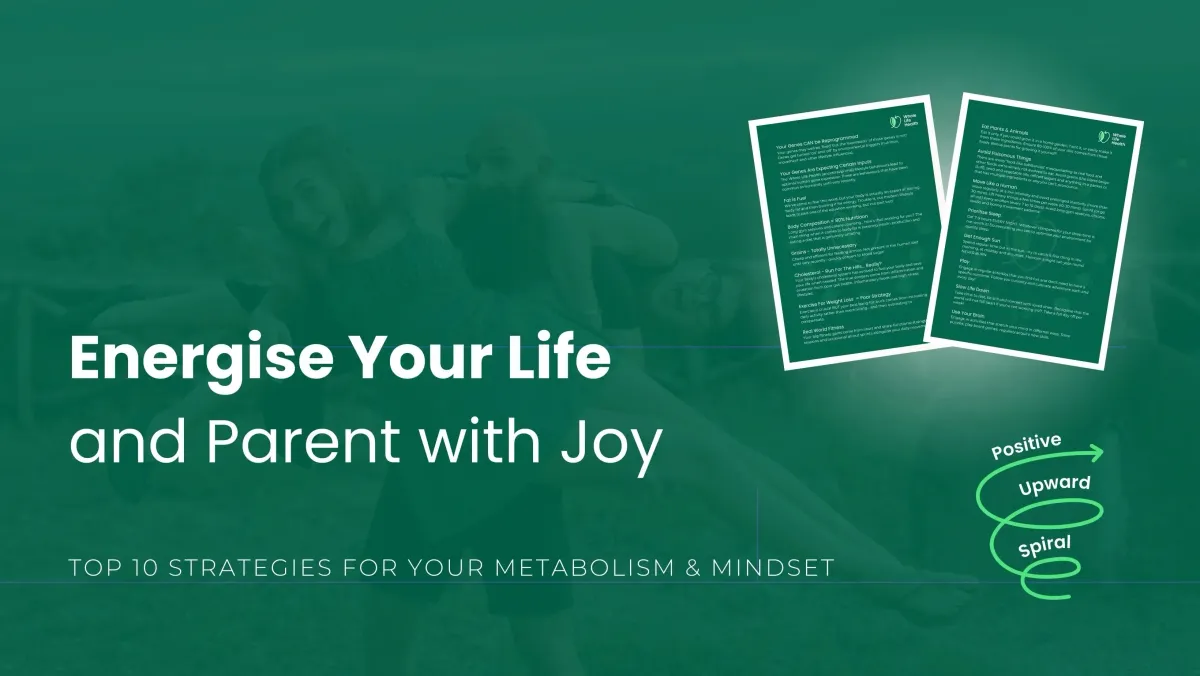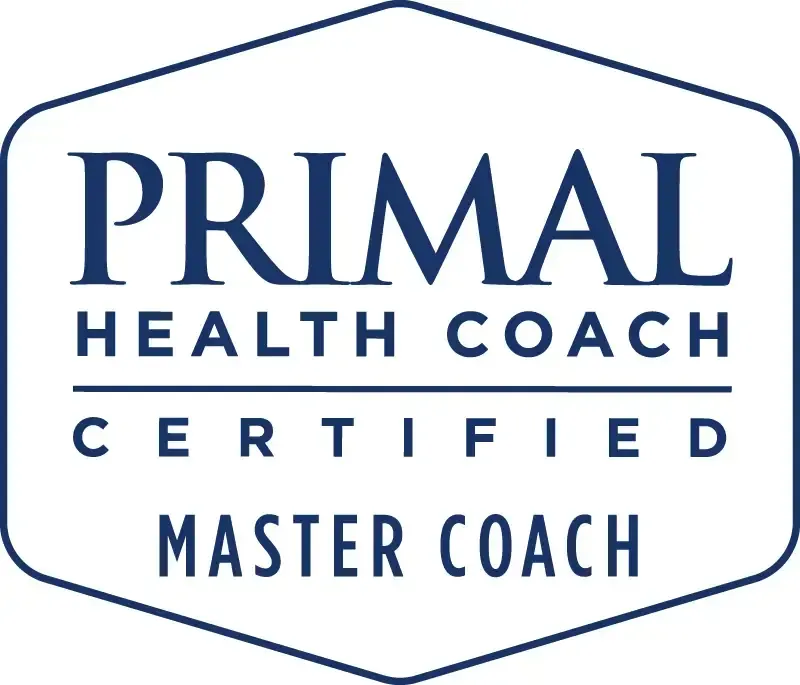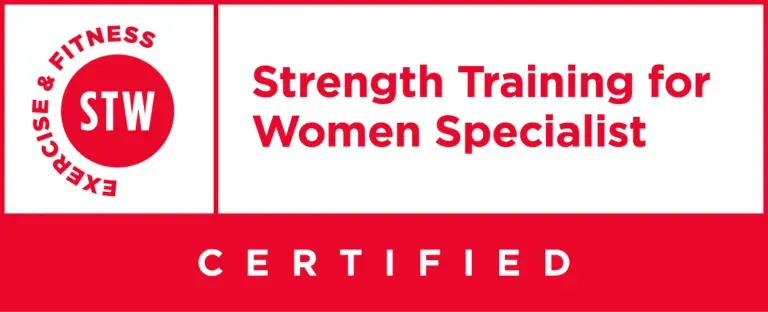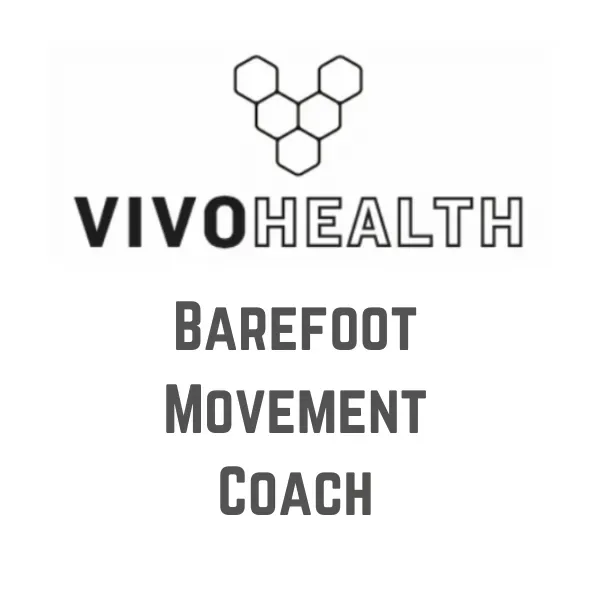
Why Self-Compassion Might Be the Most Underrated Health Strategy of All
Let’s Be Honest: Beating Yourself Up Hasn’t Worked So Far
Ever finished a bag of crisps or skipped a workout and thought, “Well that’s it, I’ve blown it again”?
Or caught yourself spiralling into guilt and self-judgement for not sticking to your plan, your ideal, or your once-a-week kale smoothie?
If you're drinking kale smoothies... we REALLY need to talk! 🤢
If so, you’re not broken. You’re just human. And ironically, the harshness you think will whip you into shape is the very thing holding you back.
There’s another way. One that doesn’t feel like failure or fragility.
It’s called self-compassion—and it might be the most underused tool in your health toolbox.
What Is Self-Compassion (And Why Should You Care)?
According to Dr. Kristin Neff, self-compassion has three key parts:
Self-kindness: Responding to your struggles with understanding rather than criticism.
Common humanity: Recognising that struggle is part of being human—you’re not alone.
Mindfulness: Acknowledging your emotions without getting consumed by them.
Sound soft? It’s actually one of the most robust, evidence-backed ways to improve health outcomes across the board¹².
Why It Works (Backed by Science)
When we treat ourselves with compassion, something incredible happens:
Our stress levels drop. Our ability to regulate emotions improves. We bounce back faster from setbacks. We’re more motivated—not less—to make health-supportive choices.
In fact, research shows that self-compassion:
Reduces depression, anxiety, and chronic stress³⁴⁵
Improves mindfulness, emotional resilience, and well-being⁴⁵⁶
Lowers self-criticism and negative rumination⁴
Boosts motivation for healthy behaviours (like movement, rest, and nourishment)⁶
Even improves quality of life for people managing chronic conditions⁷⁸
So no—it’s not just about “being nice to yourself.”
It’s about creating the conditions for growth.
How This Ties Into Primal Health
Ancestrally, humans didn’t have mirrors, calorie counters, or influencers peddling “perfection.”
They had rhythm. Rest. Movement. Ritual.
They adapted to seasons, stressors, and setbacks with grace and grit—not guilt.
So, when you practise self-compassion, you’re not coddling your modern self.
You’re returning to an ancient, adaptive truth:
Healing happens best in a safe, supportive environment—especially the one you create inside your own mind.
5 Real Ways to Practise Self-Compassion (That Aren’t Just Bubble Baths)
1. Watch Your Inner Talk
Would you speak to a loved one the way you speak to yourself after an unsupportive food choice or missed workout? Probably not.
🌀 Reframe: “I’m learning how to take better care of myself—not aiming for perfection.”
🧠 Try this: When you catch a harsh thought, pause and say out loud: “What would I say to my child or best friend in this moment?” Then speak that same kindness back to yourself.
2. Anchor Yourself in Common Humanity
You're not the only one trying to juggle health, family, work, and emotional wobbliness. You're human, not broken.
🌀 Reframe: “Others feel this way too. I’m not alone.”
🧠 Try this: Text a friend and say, “Can I share something real? No need to fix—just need someone to share with.” That tiny bit of shared vulnerability often opens the floodgates of connection.
3. Use Micro-Mindfulness
You don’t need a meditation mat or incense. A breath. A pause. A moment of noticing is enough.
🌀 Reframe: “This moment matters more than my checklist.”
🧠 Try this: Before your next snack, walk, or work session, take three slow breaths with one hand on your chest. Say to yourself: “I am here. I am safe. I am moving forward.”
4. Set Health Goals That Honour Your Reality
Instead of swinging between “all-in” and “what’s the point?”, anchor your goals in this season of life.
🌀 Reframe: “Consistency beats intensity.”
🧠 Try this: Rewrite one current goal in a more human voice.
Example: Instead of “Train four times a week,” try: “Move in a way that feels good 3–4 times this week, even if it’s a walk or dancing in the kitchen.”
5. Surround Yourself with the Right People
Compassion thrives in community. Isolation feeds shame.
🌀 Reframe: “Asking for support isn’t weakness—it’s wisdom.”
🧠 Try this: Share one health win (however small) in your group chat, or with a trusted mate. Let others celebrate you, even if it feels awkward at first. The TRIBE is a great space where this happens regularly.
A Note to the Overachievers, the Parents, and the "Start Agains"
If your story is filled with “I’ll start fresh Monday” or “I used to be so much fitter,”
this is your sign: you don’t need to push harder—you need to soften.
Self-compassion isn’t weakness. It’s what transforms survival into resilience, and hustle into healing. This then becomes a launchpad for real, sustainable, progress.
Ready to Build a Kinder, Stronger You?
You don’t need to earn your own compassion. You can cultivate it and see it lead to more progress in the area of health, wellness and life that most matter to you.
If you’re feeling stuck, scattered, or self-critical… Let’s talk.
Book a free health strategy call with a UKIHCA-registered Coach and start building a wellness path rooted in compassion, competence, and connection.
References
¹ Neff, K. (2022). Self-Compassion: Theory, Method, Research, and Intervention.
² Grant & Judge (2024). A Theoretical Model of Caregiving and Self-Compassion.
³ Inwood & Ferrari (2018). Emotion Regulation and Mental Health.
⁴ Ferrari et al. (2019). Self-Compassion Interventions and Psychosocial Outcomes.
⁵ Wilson et al. (2018). Effectiveness of Self-Compassion Therapies.
⁶ Kirby et al. (2017). Meta-Analysis of Compassion-Based Interventions.
⁷ Kılıç et al. (2020). Self-Compassion in Chronic Health Conditions.
⁸ Mistretta & Davis (2021). Meta-analysis for Chronic Illness and Pain.
⁹ Cha et al. (2023). Trends in Self-Compassion Research.









